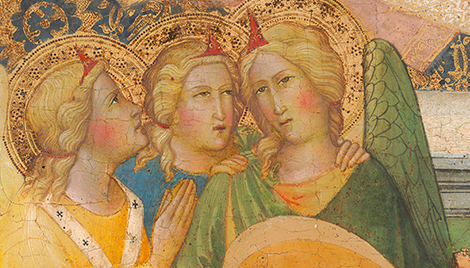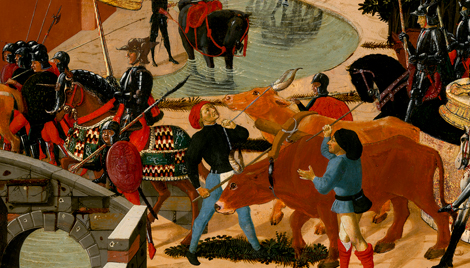OCLC Reports on Operationalizing the Art Research Collective Collection Project
In 2019, members of the OCLC Research Library Partnership held a discussion on the challenges facing art research libraries. These conversations inspired a four-phase research project exploring opportunities for collaboration between art, academic, and independent research libraries.
The result of these conversations are two reports published by the OCLC, documenting the findings of the Operationalizing the Art Research Collective Collection project:
This project aims to help art libraries identify opportunities for beneficial partnerships around their collections, build effective collaborative structures to support these partnerships, and navigate the practical challenges involved in making collaborations sustainable and successful.
Sustaining Art Research Collections: Using Data to Explore Collaboration illustrates how quantitative analysis of library collection and activity data can be leveraged by library leaders to inform decisions about collaborative opportunities supporting art research collections.
Sustaining Art Research Collections: Case Studies in Collaboration offers recommendations for building strong collaborations based on real-life examples of art library partnerships. These case studies document the practical experiences and lessons learned from collaborations involving art and academic libraries to identify successful collaboration characteristics and typical challenges when planning, implementing, and sustaining a partnership.
Sustaining Art Research Collections is an outcome from the Operationalizing the Art Research Collective Collection project, which is supported through a grant by the Samuel H. Kress Foundation with significant co-investment from OCLC.



